Advisory Committee
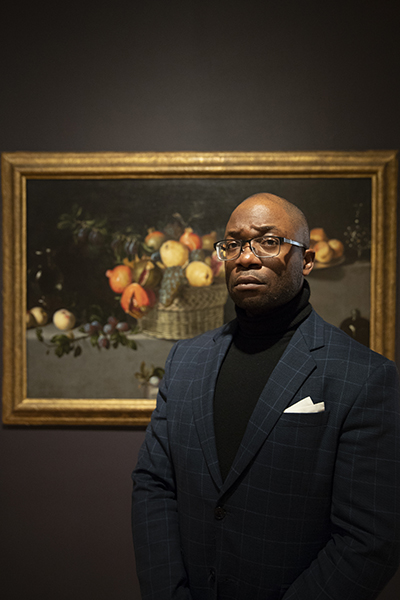
Horace D. Ballard
Horace D. Ballard (he/they) is the Theodore E. Stebbins, Jr. Associate Curator of American art at the Harvard Art Museums. Prior to this role, he was Curator of American art at the Williams College Museum of Art (WCMA). His research interests include the legibilities of gender and race in eighteenth-, nineteenth-, and twentieth-century US portraiture; colonial men’s fashion; and the visual and material cultures of religion in the Americas. Ballard received his doctorate in American visual culture from Brown University. He also holds degrees from the University of Virginia and Yale University. He has held positions in the curatorial, education, and interpretation departments of the Yale University Art Gallery, the Museum of Art of the Rhode Island School of Design, Monticello, the home of Thomas Jefferson, and the Birmingham Museum of Art.
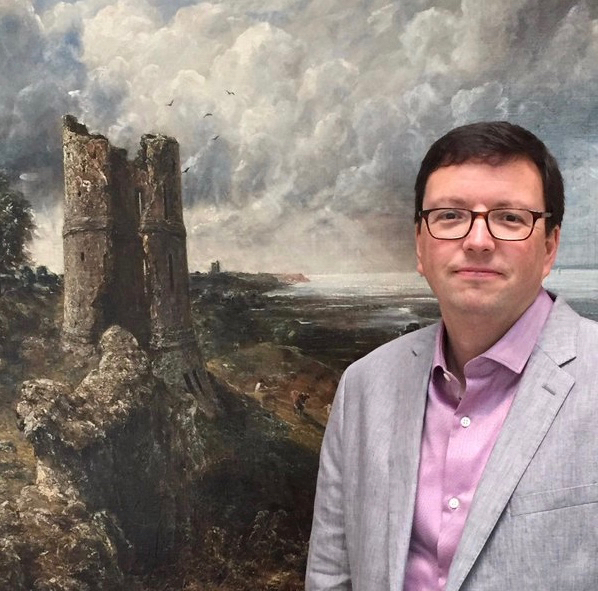
Tim Barringer
Tim Barringer is Paul Mellon Professor the Department of the History of Art at Yale University, of which he was Chair from 2015 to 2021. He specializes in British art and art of the British Empire, with a particular interest in the Victorian period and has supervised more than 25 doctoral dissertations in the field. His books include Reading the Pre-Raphaelites (1999) and Men at Work: Art and Labour in Victorian Britain (2005). With colleagues he co-edited Colonialism and the Object (1997); Frederic Leighton: Antiquity, Renaissance, Modernity (1998); Art and the British Empire (2007); Writing the Pre-Raphaelites (2009), Victorian Jamaica (2018) and On the Viewing Platform (2020). He was co-curator of American Sublime (Tate, 2002); Art and Emancipation in Jamaica (Yale, 2007); Pre-Raphaelites: Victorian Avant-Garde (Tate, 2012); Thomas Cole’s Journey: Atlantic Crossings (Metropolitan Museum of Art, New York and National Gallery, London, 2018) and Picturesque and Sublime (Catskill, 2018). He is co-curator of Radical Victorians (eight US museum venues, 2019-21). He is finishing a book Broken Pastoral: Art and Music in Britain, Gothic Revival to Punk Rock based on the Slade Lectures given at the University of Cambridge.
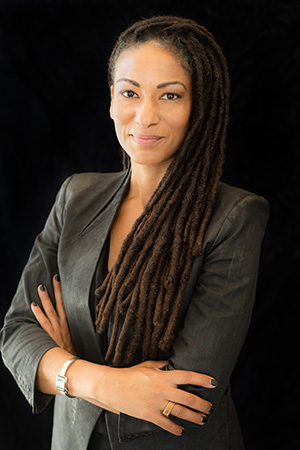
Ruha Benjamin
Ruha Benjamin is Professor of African American Studies at Princeton University, Founding Director of the Ida B. Wells Just Data Lab, and author of the award-winning book Race After Technology: Abolitionist Tools for the New Jim Code among other publications. Her work investigates the social dimensions of science, medicine, and technology with a focus on the relationship between innovation and inequity, health and justice, knowledge and power. Professor Benjamin earned a BA from Spelman College, MA and PhD in Sociology from UC Berkeley, and completed postdoctoral fellowships at UCLA’s Institute for Society & Genetics and Harvard’s Science, Technology and Society Program. She is the recipient of numerous awards and fellowships including from the American Council of Learned Societies, National Science Foundation, Marguerite Casey Foundation 2020 Freedom Scholar Award, and the President’s Award for Distinguished Teaching at Princeton. For more info please visit www.ruhabenjamin.com
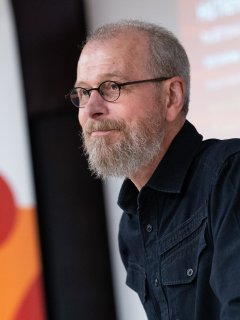
João Biehl
João Biehl is Susan Dod Brown Professor of Anthropology and Director of the Brazil LAB(link is external) at the Princeton Institute for International and Regional Studies. In his ethnographic and historical work, Biehl explores how people’s plasticity and environmental attunements disrupt and exceed dominant ways of knowing and acting, thus opening new vistas for storytelling and critical theory. As he dissects past and current regimes of power/knowledge, Biehl considers the array of human-nonhuman alignments, affects, ideas, technologies, and forces that shape survival in contexts of stark inequality and living together in frontier zones. In attending to insurgent archivings and advancing an anthropology of becomings, Biehl’s work seeks to restore a sense of wonder and movement to ethical and political debates and to creative expression. Biehl has authored Vita: Life in a Zone of Social Abandonment and Will to Live: AIDS Therapies and the Politics of Survival.
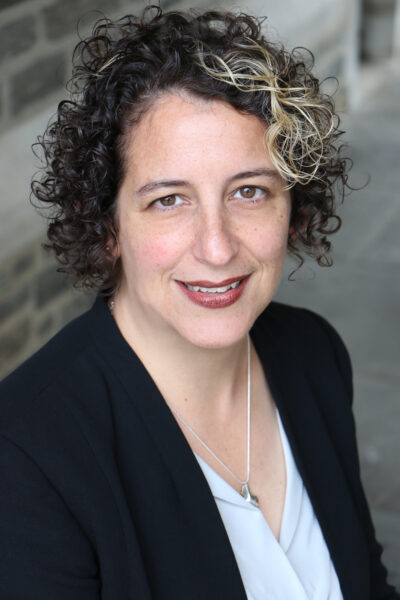
Rachael DeLue
Rachael Z. DeLue is the Christopher Binyon Sarofim ’86 Professor in American Art in the Department of Art & Archaeology at Princeton University and currently serves as the Chair of the Department. At Princeton, she holds a joint appointment with Princeton’s Program in American Studies. Prof. DeLue specializes in the history of American and transatlantic art and visual culture with particular focus on intersections among art, science, and the history and theory of knowledge and on the transnational and transcultural formation of “America” as a complex geography, identity, and idea. She serves as the editor-in-chief of the Terra Foundation Essays and she edited Picturing (2016), the first volume in the series. She has also published George Inness and the Science of Landscape (2004), Landscape Theory (2008, with James Elkins), and Arthur Dove: Always Connect (2016). Other recent publications consider the work of the modern artist Romare Bearden, Spike Lee’s film Bamboozled, the relationship between art criticism and medical diagnosis, shoreline landscapes as symbols of empire, natural history in the context of settler colonialism, and the construction of Native America in 18th- and 19th-century archaeology and ethnography. She regularly serves as a member of the teaching team for AMS 101 America Then and Now, the gateway course for American Studies, Asian American Studies, and Latino/a/x Studies at Princeton, and she teaches a wide range of undergraduate and graduate courses on American culture, history, and identity and on the intersection between the history of art and the history of science. She is currently at work on a book about “impossible images” that considers a wide range of imagery from the fine arts, visual culture, and the sciences in Europe and the United States in the eighteenth and nineteenth centuries.

Ruth De Souza
Dr. Ruth DeSouza is a highly experienced multidisciplinary educator, researcher and consultant, specializing in cross cultural engagement, cultural safety, and the interface of digital technologies within CALD communities. Her background is in nursing where she has extensive experience as a clinician, researcher and academic in New Zealand and Australia and has published work on community engagement in the arts. Ruth is a 2020 RMIT Vice Chancellor’s Fellow, based in the School of Art and a member of the Design and Creative Practice Enabling Capability Platform (ECP). Her fellowship project aims to engage health professionals in finding new ways to understand, co-design and implement sustainable cultural safety initiatives in a range of health contexts. Ruth has extensive networks across the Melbourne creative industries and is on the Fair Play project reference committee for Diversity Arts Australia.
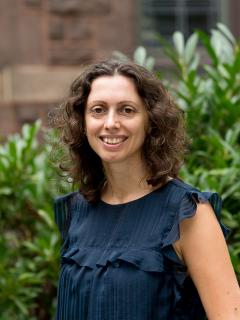
Elena Fratto
Elena Fratto is an assistant professor in the Department of Slavic Languages and Literatures at Princeton University. She is the author of Medical Storyworlds: Health, Illness, and Bodies in Russian and European Literature at the Turn of the Twentieth Century (Columbia UP, 2021) and a major research interest of hers is the intersection of healthcare, storytelling, and the visual arts.
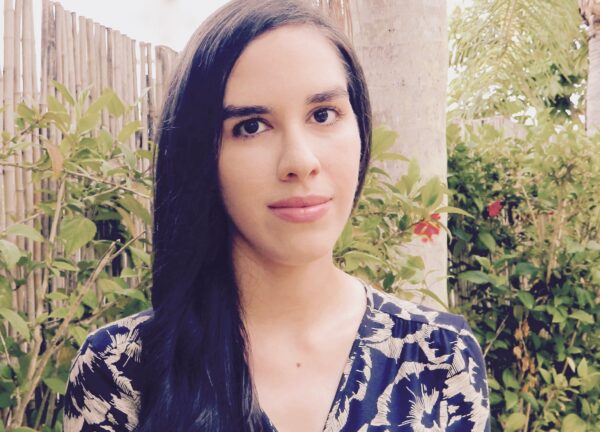
Dannelle Gutarra Cordero
Dannelle Gutarra Cordero is Lecturer in African American Studies and Gender and Sexuality Studies at Princeton University. She earned a PhD in History from the University of Puerto Rico, Río Piedras Campus in 2012. Gutarra Cordero specializes in the Intellectual History of the Caribbean and the Atlantic World, and her research and teaching interests include the topics of scientific racism, slavery, gender, sexuality, and colonialism. Her first book, titled She Is Weeping: An Intellectual History of Racialized Slavery and Emotions in the Atlantic World, was published by Cambridge University Press in 2021. At Princeton, Gutarra Cordero is currently a Faculty Adviser at Forbes College and is affiliated with the Program in Latin American Studies and the Global Health Program. She has previously been a Visiting Fellow of the Hutchins Center for African & African American Research at Harvard University and taught graduate and undergraduate courses at the Inter American University of Puerto Rico and Virginia Commonwealth University.
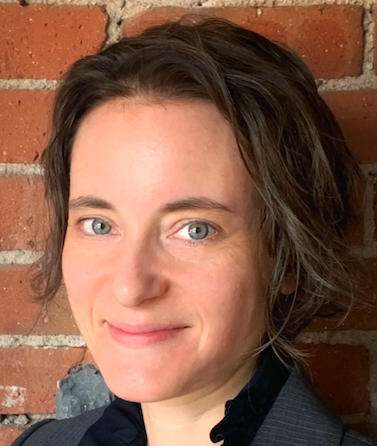
Tanya Sheehan
Tanya Sheehan is William R. Kenan Jr. Professor of Art at Colby College. She is the Principal Investigator of Colby’s inaugural Public Humanistic Inquiry Lab, Critical Medical Humanities: Perspectives on the Intersection of Race and Medicine. This grant-funded research initiative supports faculty research in 2021-24 by hosting public events, organizing publications, and establishing innovative institutional partnerships. Across her career, Sheehan has worked at the intersection of American art history, medical humanities, and critical race studies. This work includes two books, Doctored: The Medicine of Photography in Nineteenth-Century America (2011) and Blacks and Whites: Photography, Race, Humor (2018). Her current book project examines the subjects of medicine and public health in modernist and contemporary art by African Americans. Since 2015 she has served as executive editor of the Smithsonian Institution’s Archives of American Art Journal.
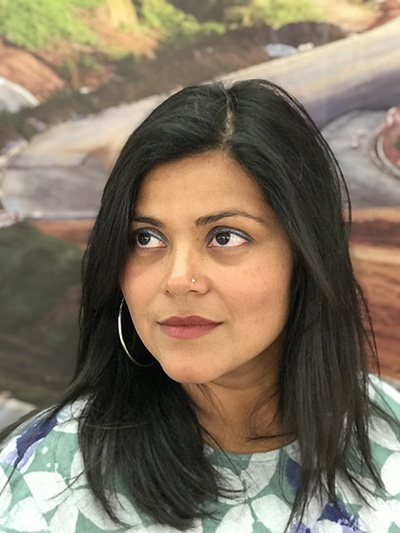
Bhakti Shringapure
Dr. Bhakti Shringarpure is Associate Professor jointly appointed in English and Women’s, Gender and Sexuality Studies at University of Connecticut, and the founding editor of Warscapes magazine. She is the author of Cold War Assemblages: Decolonization to Digital (Routledge, 2019) and her edited works include Literary Sudans: An Anthology of Literature from Sudan and South Sudan, Imagine Africa and Mediterranean: Migrant Crossings. She was the recipient of the Fulbright U.S. Scholar Award in 2019 to teach and conduct research in Kenya. She is currently the editor of a short books series called Decolonize That! Handbooks for the Revolutionary Overthrow of Embedded Colonial Ideas which is being published by OR Books in New York. Her monthly section for the Los Angeles Review of Books titled Decolonize | Defund | Abolish is co-written with Greg Pierrot and engages scholars, artists, and activists in dialogues about structures of colonialism persisting in the world today, and about creative and speculative practices of freedom in response to these structures. She recently co-founded the Radical Books Collective and has written for Africa is a Country, New Frame, Scroll (India), Brittle Paper, LitHub and the Guardian, UK.

Sarah Turner
Sarah Victoria Turner is Deputy Director at the Paul Mellon Centre for Studies in British Art in London, which is part of Yale University, where her aim is to share the work and resources of the Centre as widely as possible. Sarah is the founding co-editor of British Art Studies, an award-winning, open-access journal launched in 2015. She works closely with colleagues at the PMC to develop digital projects that enable new ideas and narratives about British art to circulate beyond the physical walls of the Centre. Much of her research and writing has focused on the entangled relationships between Britain and South Asia and she has published widely on this topic. She co-leads the London, Asia research project with Hammad Nasar, Senior Research Fellow at the PMC. Along with Hammad Nasar and Amy Tobin, Sarah is co-curating an exhibition entitled Making New Worlds: Li Yuan-chia and Friends which will open at Kettle’s Yard in Cambridge (UK) in 2023. She was named one of Apollo magazine’s “40 Under 40” in the European art world, and in 2018 was elected as a Fellow of the Royal Society of Arts. She is the co-writer and co-host, with Jo Baring, of the Sculpting Lives podcast. More information about Sarah’s projects and publications can be found on the Paul Mellon Centre’s website.
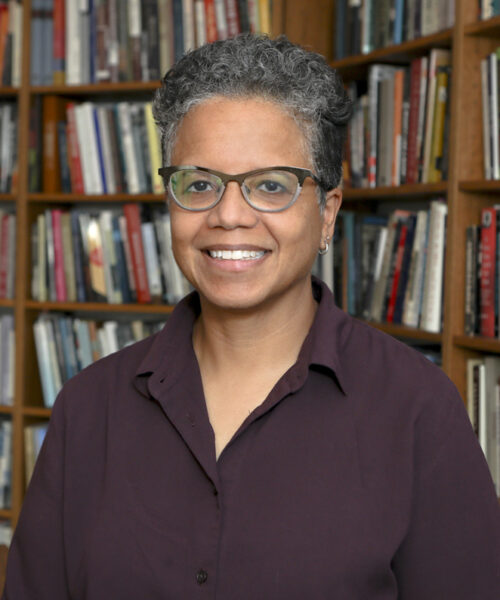
Judith Weisenfeld
Judith Weisenfeld is the Agate Brown and George L. Collord Professor of Religion at Princeton University where she is also Associate Faculty in the Department of African American Studies and the Program in Gender and Sexuality Studies. A specialist in early twentieth-century African American religious history, her work has focused on religion and constructions of race, African American women’s religious history, and religion in film and popular culture. She is the author most recently of New World A-Coming: Black Religion and Racial Identity during the Great Migration (NYU, 2016), which won the 2017 Albert J. Raboteau Prize for the Best Book in Africana Religions, Hollywood Be Thy Name: African American Religion in American Film, 1929-1949 (California, 2007), and African American Women and Christian Activism: New York’s Black YWCA, 1905-1945 (Harvard 1997). Her current research examines white American psychiatrists’ theories about of the place of religion in Black mental health in the late nineteenth and early twentieth centuries, the treatment practices connected to these theories, and the experiences of Black patients in state mental hospitals. She is the co-director of The Crossroads Project: Black Religious Histories, Cultures, and Communities, which is funded by the Henry Luce Foundation.
